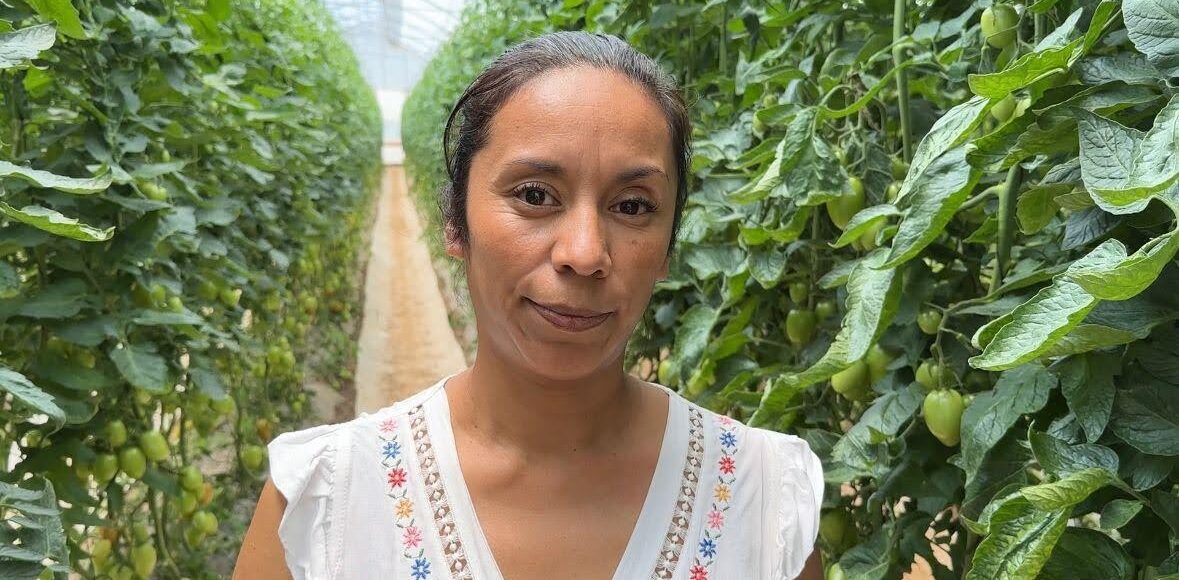
Applying the Flipped Classroom Model to Agriculture and Entrepreneurship Training
Can an innovative approach to teaching school students also transform how we train entrepreneurs and smallholder farmers around the world?
Can an innovative approach to teaching school students also transform how we train entrepreneurs and smallholder farmers around the world?
A number of years ago when my daughter was in elementary school and working at the kitchen table on her homework, some of her assigned homework was to watch math videos to learn the concepts that she and her classmates were studying.
The following day, she completed in-class exercises to practice using the math concepts – and if she needed help, the teacher was there to provide support.
This is exactly the opposite of the way most traditional classrooms operate, where the teacher teaches new content in class and then assigns homework to be completed outside of class.
The new approach my daughter’s school used for teaching math flipped around how students learn and practice new skills. Learn new concepts at home; practice skills in class with teacher support. Popularized by Khan Academy, this is known as the flipped classroom model.
The flipped classroom model allows students to learn content individually – watching and listening to lessons as many times as they need – and then apply their learning in a group setting, in class and with the teacher there to support them.
The flipped classroom model has a number of benefits: its flexibility is well-suited for busy students; the ability to repeat lessons (literally rewinding and reviewing material) helps with learning difficult new concepts; and it encourages better and more interaction with teachers.
Because of these strengths, this methodology is also a model for reimagining adult training and education in the post-COVID digital era.
Reimagining TechnoServe’s Training Paradigm
Prior to digitization – which was brought to many TechnoServe programs via the pandemic – many of TechnoServe’s training programs followed the traditional classroom model: beneficiaries were taught new content in a group setting – either in a classroom workshop or a group farm demonstration plot – and then returned to their businesses and farms to implement the new practices individually, often with advisory support.
As a result of the COVID-19 pandemic, the TechnoServe entrepreneurship practice moved to a remote and blended learning model and has effectively used the flipped classroom concept to digitize its entrepreneurship and micro-retail programs. Entrepreneurs study modules individually, and then apply learning to their businesses with support from their business advisor and their peer group.
Let’s look at an example of how a rural learner might benefit from the flipped classroom.
Meet Grocery Store Owner Roselia Alonso Muhun
Roselia runs a grocery store with her husband, Walter Anibal, in Patzicía, a rural town in Guatemala. There are just over 21,000 people in Patzicía, which is miles from the nearest city. “We live at the foot of the mountains, and that is what characterizes the place,” she says.
Roselia has been running her grocery store for several years, and she’s extremely dedicated. “I start at 6:00 a.m. and the first thing I do is thank God for the new day, then we start the business.”
“We alternate days between my husband and myself to take care of the business,” she continues. “We usually close at 10:00 p.m.”
But more time at the store wasn’t helping her business grow. She needed to be more efficient.
“I didn’t keep track of my expenses and costs. I had a business that worked but I didn’t have a technical basis for my investments,” Roselia admits.
A TechnoServe program was about to help her turn all that around – with the flipped classroom model at the center.
Roselia joined Impulsa Tu Empresa (ITE), a business accelerator program that aims to help small and growing businesses fast-track their growth, and started working with a business advisor, Miguel Angel.
But she couldn’t do the training in a classroom while running her grocery store, which always took priority.
Flipped Training Makes a Difference
Now Roselia uses business training videos through a learning platform created by the program in order to get up to speed. She watched videos about strategic decision making and analysis, among others. “I find that the distance learning styles with videos is good. Having videos allows me to see things several times.”
And the ITE program brings a gender lens to the training videos. “I watch [the videos] to see myself. I particularly liked the story about Linea Rosa, a taxi driver, because she was a working woman like me.”
Then, when she meets with Miguel Angel, her TechnoServe advisor, he can help answer specific questions and help her work through ideas, instead of having to teach her the material.
“I solve my doubts there,” she says of her meetings with Miguel. “I bring him ideas and…between the two of us, we improve them.”
Roselia is using the training to reduce her work debt, expand her store, and improve her customer service. All thanks to the flipped classroom model.





